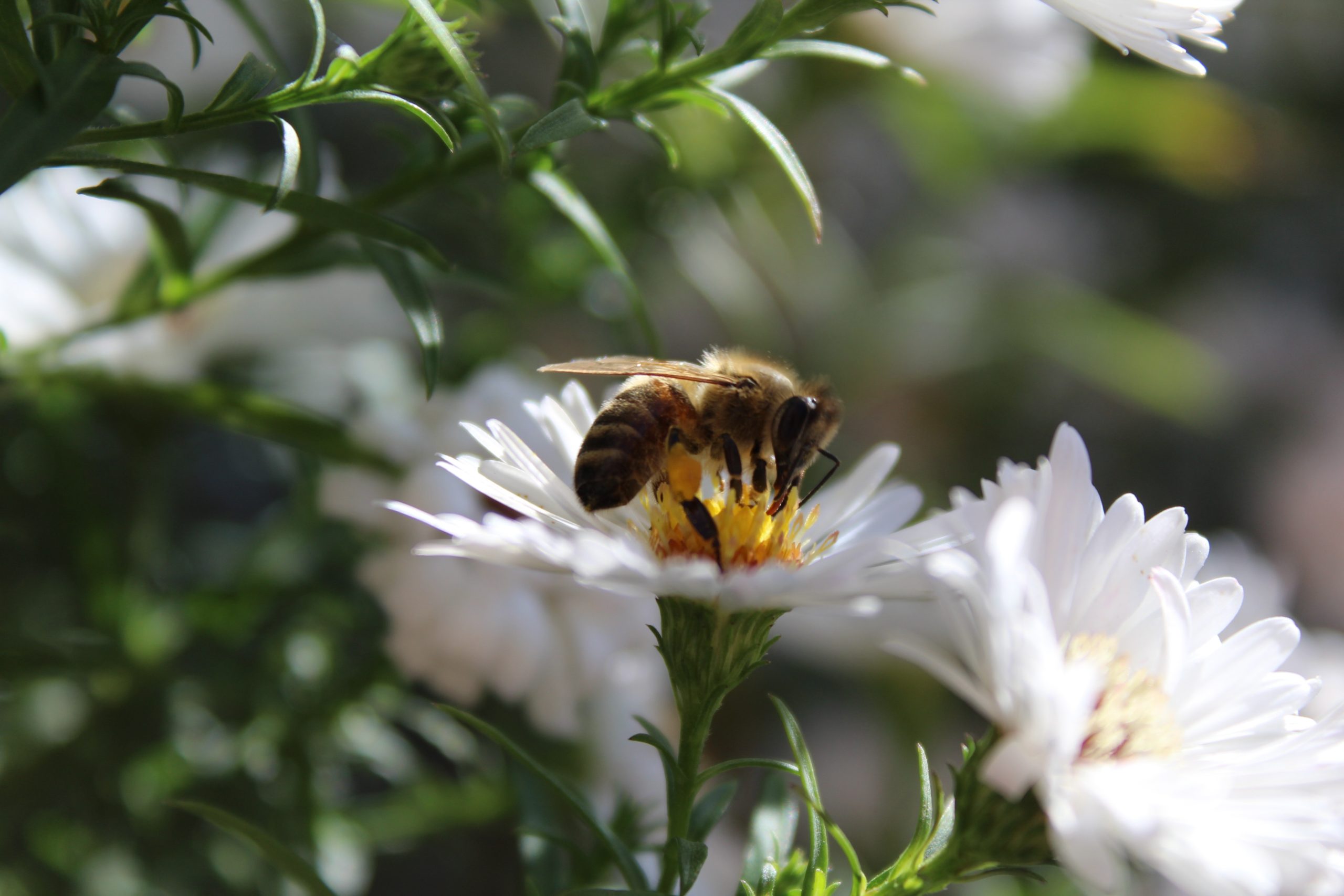20 January 2021
The Damage Wasps Can Do to Your Garden
Whilst the return of bees is for many people an exciting part of summer, there’s one garden resident we are rarely happy to see. With their irritating buzz and penchant for all things sweet, wasps can cause trouble in the garden all summer. The problems wasps can cause in our gardens however can go well beyond their sting. From their damage to plants and fruits, as well as wooden furniture, and even their competition with bees, a wasp problem in the garden can do more than disrupt a picnic.

How Wasps Can Wreak Havok
Of all the plants in the garden, the sweetest varieties are most prone to wasp attacks. This includes strawberries, as well as grapes, plums and nectarines. Even hard fruits are a meal for wasps, once a bird has cleared a way past the outer skin. With all the hard work that goes into growing these sweet fruits, the damage caused by wasps can be unexpected and frustrating.
As well as this, wasps can damage perennial plants like dahlias. Wasps will attack at the stem and leaf stalks of the plants in search of hydration. It takes dedication to keep flowers growing over winter. To have wasps cut them down when they finally bloom is an unfortunate fate.
On top of this, if wasps are nesting nearby, it’s likely that they will source nest material from your garden. This will generally mean collecting wood, whether they extract it from furniture, fencing, trellis, or sheds.
Finally, wasps can get into conflict with another much-loved garden visitor: bees. In the late summer, wasps will go out in hunt of their sugar fix. This sometimes leads them to bees’ nests. In their quest for honey, wasps can wage war on bee hives. In some cases, this can lead to the complete destruction of the bee hive.
Clearly, wasps present many problems to our gardens. But unless you have a nest on your property, there are ways to deal with wasps without a direct conflict.
Using a Wasp Trap or Wasp Repeller
When it comes to dealing with the wasps in our gardens, it’s not a good idea to go swatting them. Swatted wasps will release a chemical that can be quickly detected by other wasps in the area. This can lead to more trouble than you bargained for. Fortunately, there are smarter ways to deal with wasps, with less hassle and less danger.
A wasp trap is a great way to deal with a wasp problem when protecting fruit crops such as apple trees. This will catch and kill 100% of the wasps it catches meaning you won’t have escaped wasps returning with reinforcements! It’s simple and effortless to set up, and doesn’t involve getting in a face to face fight with the pests themselves. With many products, a bee deterrent will ensure that no bees enter the wasp trap. With only wasps drawn to the wasp trap, the rest of your garden remains safe.
Alternatively, you can use a wasp repeller such as the Waspinator or The Wasp Pot and table spray as a temporary measure during a picnic or to use all summer so you can use your garden furniture in peace. They won’t harm the wasps and are sure to lead to a lot less wasp-related stress.
